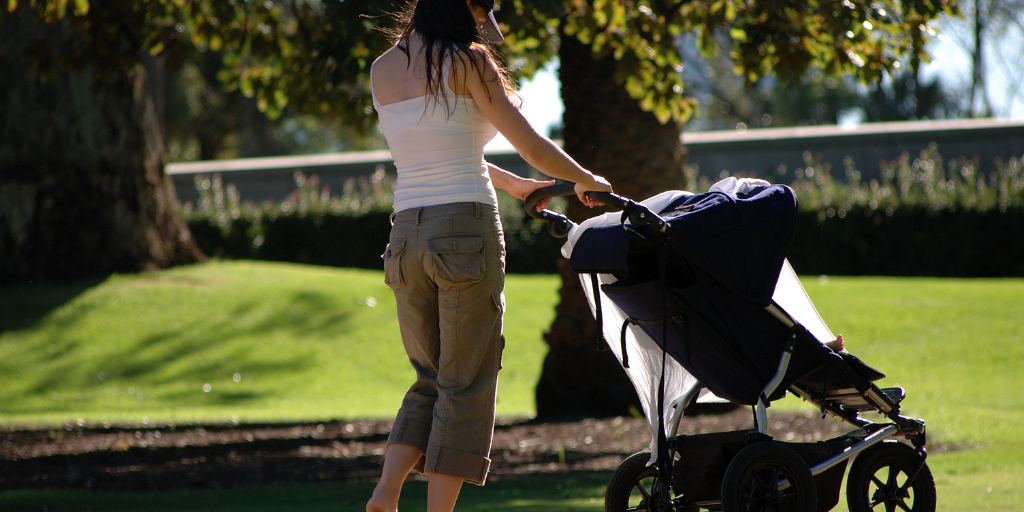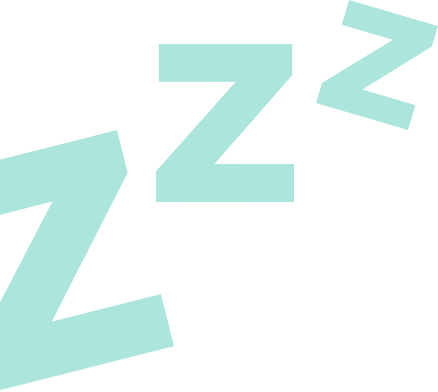Is It Dangerous to Cover Your Pram? The TRUTH Behind This Urban Myth
I’m Cara, mum of one gorgeous girl and the inventor of SnoozeShade.
I‘m known by friends and family as someone who speaks her mind; takes action on things I'm passionate about and for being curious (tell me something I don't know and I will hunt it down and learn all about it).
Since inventing SnoozeShade, I've been given another title - the 'safety nerd'. I’m obsessed with safety. Because I'm the mother of one amazingly precious miracle baby, I know how important it is to keep our little ones safe with the products we use.
Before I even considered launching SnoozeShade I consulted safety laboratories on how to make my products super safe, what extra testing could I do and how I could design them to be the safest on the market. You can find out more about the extensive safety testing that SnoozeShade products go through here.
I even approached the UK's leading thermo-physicist to ask about how dark colours and heat work, as I was worried about what I now know to be the misconception that "anything black" absorbs heat. I was never good at physics at school (sorry Mr Crewe) but my knowledge on fabrics, heat transmission and UV protection has grown immensely over the last 10 years.
First - Beware of Misleading Headlines
One of my reasons for writing this is due to a number of irresponsible news stories that have been shared over the last few years ago that could:
- Leave a generation of babies at risk of getting skin cancer
- Scare parents into leaving their baby exposed to the sun
- Encourage mum-shaming when parents cover their prams safely
In 2014, a Swedish newspaper published an article stating that covering a pram with anything, even a thin muslin, could be dangerous to babies, even mentioning the risk of SIDS (Sudden Infant Death Syndrome).
The newspaper journalist put a stationary pram in the midday sun, put a thick blanket on it and measured the temperature inside. Unsurprisingly, the temperature rose.
This 'experiment' failed to consider what every sensible parent would do – walk about with the pram to create breeze, move it into the shade or simply go indoors when it was too hot to be outside.
As a result, in subsequent years, national newspapers and websites have carried scare stories called something like "Prams can be dangerous if you do THIS" and they have quoted “a Swedish study” or “research” – yes, you’ve guessed it, the piece from the newspaper in Sweden. There is no reputable scientific Swedish study just this one report.
Other Baby Product Safety Concerns and Their Outcomes
To show the difference in how real studies are carried out, here are two instances of genuine problems associated with baby products and how dangers were identified using scientific studies.
- When there was a scare about cot bumpers, it originated from a scientific research study carried out by a team from Washington University School of Medicine who had noted a number of infant deaths due to cot bumpers. 47 deaths had been reported over a period of 28 years before this investigation was undertaken (fewer than two a year). There had also been several hundred incidents of babies injured (fortunately not fatally) by cot bumpers, so there was a solid reason for this research to be conducted and for the dangers to be highlighted. As a result, cot bumpers are no longer considered safe for babies.
- When medical professionals recommend that babies should not be left in car seats or sitting devices for long periods of time (due to the danger of suffocation due to weak neck muscles) they do so because a team of scientists from Penn State Medical Centre, Pennsylvania had noted a pattern and investigated it. The results were published in The Journal of Paediatrics.
To this day, there has not been a single case of a baby's death in a pram caused by being covered by a muslin, blanket or towel.
Parents have enough to worry about without being caught up in scare stories about things that could supposedly harm their children.
They are also being let down, as they are not being made aware of some very real health problems that could result from these scare stories.
Here Comes The Science
When you create a baby product, you must have it properly tested before making claims about its safety.
SnoozeShade has been tested in many laboratories over the years that follow certain standardised protocols that ensure that test results are scientific, reliable and, most importantly, repeatable.
Facts Not Fear
We believe in giving you the facts so that you have the knowledge you need to keep your baby safe.
FACT 1:
- Did you know that just one instance of sunburn as a baby increases your risk of developing skin cancer by 50% - and five instances increase it by 80%?
If you believe the scare headlines, they seem to suggest that it’s better to leave your baby exposed to the sun rather than safely shaded. This is not the case.
SnoozeShade is a safe, air-permeable cover that protects your baby from the sun’s harmful UV rays and has undergone rigorous safety testing according to internationally recognised standards
But even something you use in an emergency, such as a thin muslin draped over the pushchair to avoid sunburn, is surely better than leaving your baby’s delicate skin unprotected?
I have invented a safe sunshade but this scaremongering is not just about sunshades. It’s about the fact that as parents, our fears are being exploited.
FACT 2:
- Medical professionals worldwide say that babies under six months should be kept out of direct sunlight completely.
They also say the under six-month-olds should not wear sunscreen.
This is straight from the NHS website "Babies less than 6 months old should be kept out of direct sunlight. Their skin contains too little melanin, which is the pigment that gives skin, hair and eyes their colour, and provides some protection from the sun."
"If you go out when it's hot, attach a parasol or sunshade to your baby's pushchair to keep them out of direct sunlight."
The American Academy of Dermatology say that sunscreen in infants should be considered “the last layer of protection,” used only on exposed areas when adequate clothing and shade are not available.
FACT 3:
- Muslins are generally made of thin cotton which, although not as air permeable as synthetic mesh, have air-permeable qualities.
Hot air cannot be trapped by a muslin. It’s not the same as being in a car with closed windows; a ‘greenhouse effect’ cannot be created with a muslin and it cannot block oxygen in a pram (all these reasons have been incorrectly stated as reasons why it’s dangerous).
The best analogy I can come up with is this; imagine a hot air balloon. Air balloon fabric is made from a tightly woven, air-impermeable fabric so that it can trap hot air which enables the balloon to rise
Now imagine a hot air balloon made of muslin. It couldn’t even inflate in the first place because the fabric is just not capable of trapping hot air.
Why am I sticking up for muslins when I make a sunshade? Because I would rather a parent uses something loosely and safely over the pram to shade their baby than be scared into exposing their little one to UV.
A loosely draped muslin will not trap heat and will give around 80% UV protection (which is better than none). The key thing is to never use anything that stops air from circulating as per The Lullaby Trust guidelines.
What Can You Do to Protect Your Baby?
- Caught out and about with your baby when the sun comes out? Here’s a feature I was quoted in for The Mirror that offers practical advice on what to do to protect your little one.
- Use common sense. Get out of hot sun, stay at home between 11 and 4, check in on your child regularly, learn about the symptoms of heat stroke and what to do if your child has it.
- If you’re a health professional, check out the validity of these so-called ‘babies in danger’ stories yourself. Don’t rely on social media sharing as ‘proof’ of validity. Many medical professionals agree that there are safe ways to shade a baby and many midwives and doctors that I have spoken to have been concerned about the potential increase in numbers of sunburned babies.
Dr Rahul Chodhari from the Royal College of Paediatrics was recently quoted with this sensible advice:
"It is OK to cover them because most prams have enough ventilation," he told The Sun. "The highest risk of overheating is between 11am and 3pm, which is when the sun is at its strongest. When NHS England has declared a heat wave warning (there are three levels of this, a level three warning is when we expect significant dehydration), that is the time I would say parents need to be careful and avoid going out between 11am and 3pm. Woollen materials will get considerably warm, but generally a cover is not a risk if it is a mesh material. Dark synthetic meshes are slighter better than lighter colours. Darker shades don't absorb most of the heat and reflect it back in some ways."
So, if you are a parent and you hear a scare story and worry about if you are doing the right thing for your child - please do some research and feel free to question the sources of these scare stories.
If it's a genuine story, it will be easy to see where it has originated from (you should be able to find a genuine study, who conducted it and the scientific institute behind it) and, most importantly, if there is a valid cause for concern.
I hope you've found this helpful!
Cara
Further Reading:
Why Is SnoozeShade a Dark Colour?
Why SnoozeShade Goes the Extra Mile for Safety
Parents Share Their Experience of Using SnoozeShade in Hot Conditions




